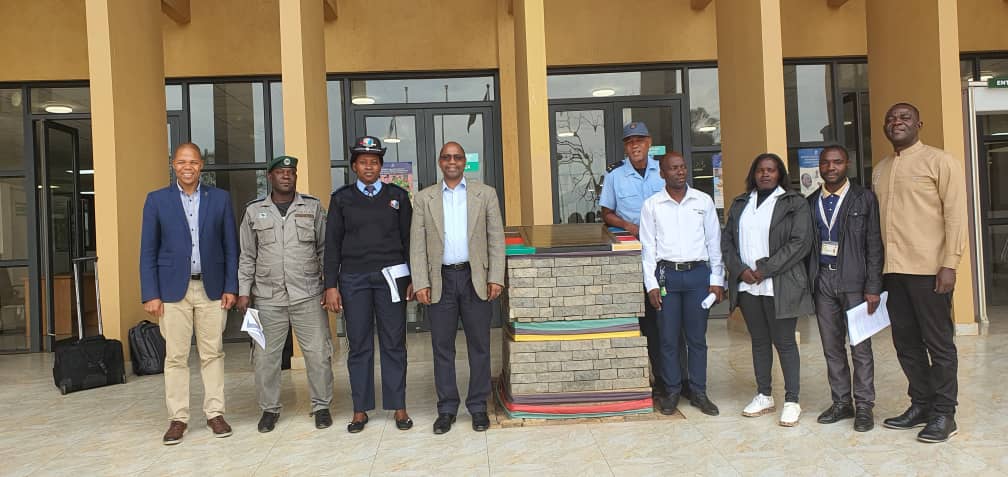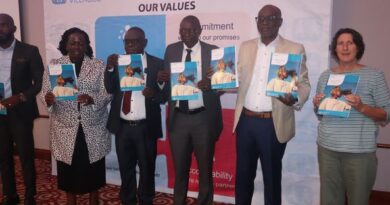Malawi–Mozambique Dedza–Calomue OSBP Boosts Regional Trade Efficiency
The Dedza–Calomue One Stop Border Post (OSBP), linking Malawi and Mozambique, has been highlighted as a major boost to regional trade following a study visit by the Southern African Development Community (SADC) Secretariat.
The assessment, conducted from 18 to 21 November 2025, forms part of SADC’s ongoing efforts to improve border efficiency and support regional economic integration, as agreed during the 13th Ministerial Task Force meeting in 2013.
Led by Alcides Monteiro, Senior Programme Officer for Customs, the SADC team evaluated key aspects of the border’s operations, including Coordinated Border Management (CBM) practices, the implementation of the OSBP model, ICT connectivity, transit procedures, and the time required for releasing goods.
The delegation was received by Malawi Revenue Authority Border Manager, Ms Lucy Chikhawo, Mozambique Revenue Authority Officer-in-Charge, Mr Jaime Sebastião Cucu, and other government agencies stationed at the border.
Situated along the vital Nacala Corridor, the Dedza–Calomue OSBP serves not only Malawi and Mozambique but also facilitates trade for Zambia, Zimbabwe, Botswana and the Democratic Republic of Congo. The border operates under a juxtaposed model, allowing streamlined checks and reducing duplication of processes.
Officially inaugurated on 6 June 2025 by Presidents Lazarus Chakwera of Malawi and Daniel Francisco Chapo of Mozambique, the OSBP is a flagship milestone in both countries’ commitment to enhancing regional trade facilitation.
The assessment found that the border is currently operating 15 hours a day, from 06:00 to 21:00, clearing an average of 80 trucks daily. This has eased congestion and accelerated the movement of goods, in line with the SADC Protocol on Trade and the WTO Trade Facilitation Agreement.
The SADC team also reported improved coordination among agencies; Customs, Immigration, Standards, and Sanitary and Phytosanitary services following a strategic reduction in the number of institutions present at the border.



